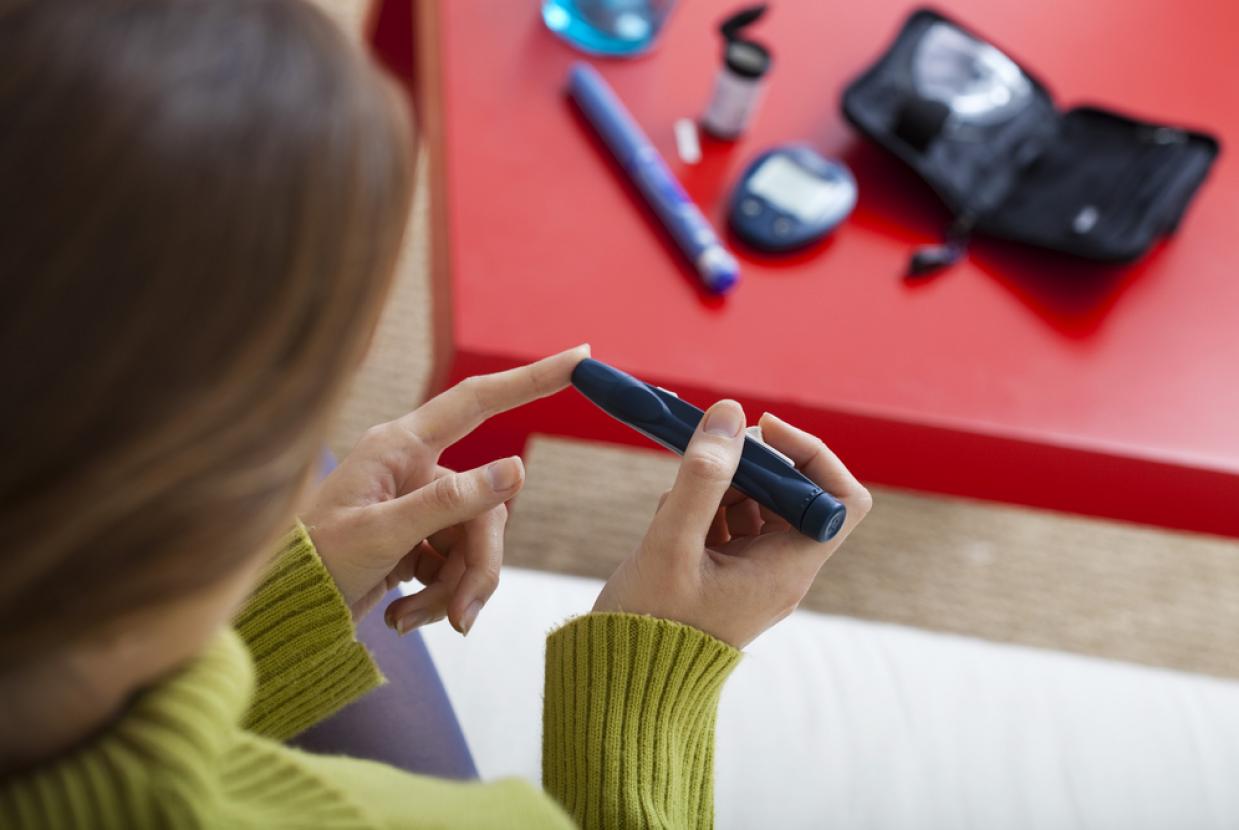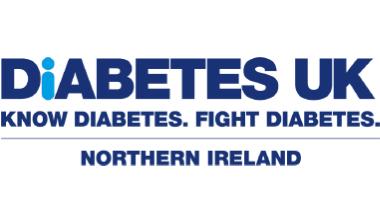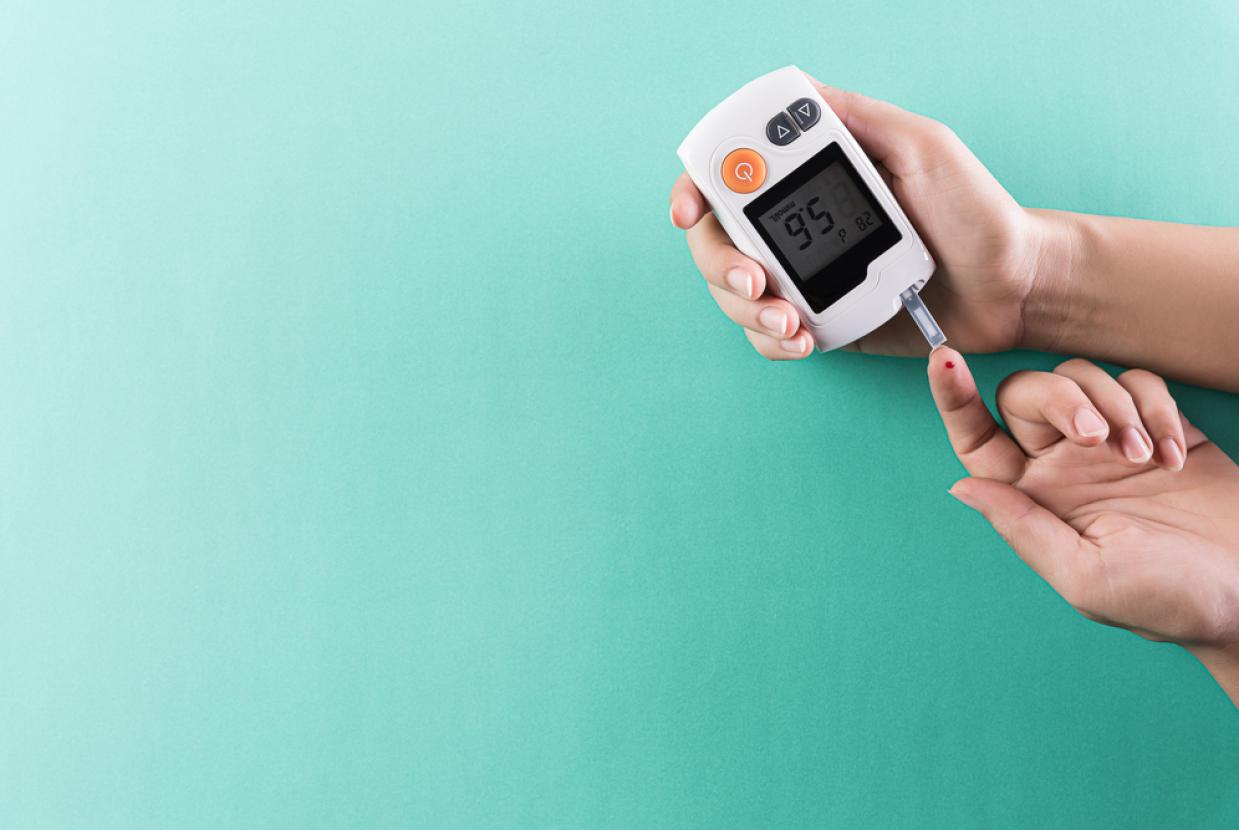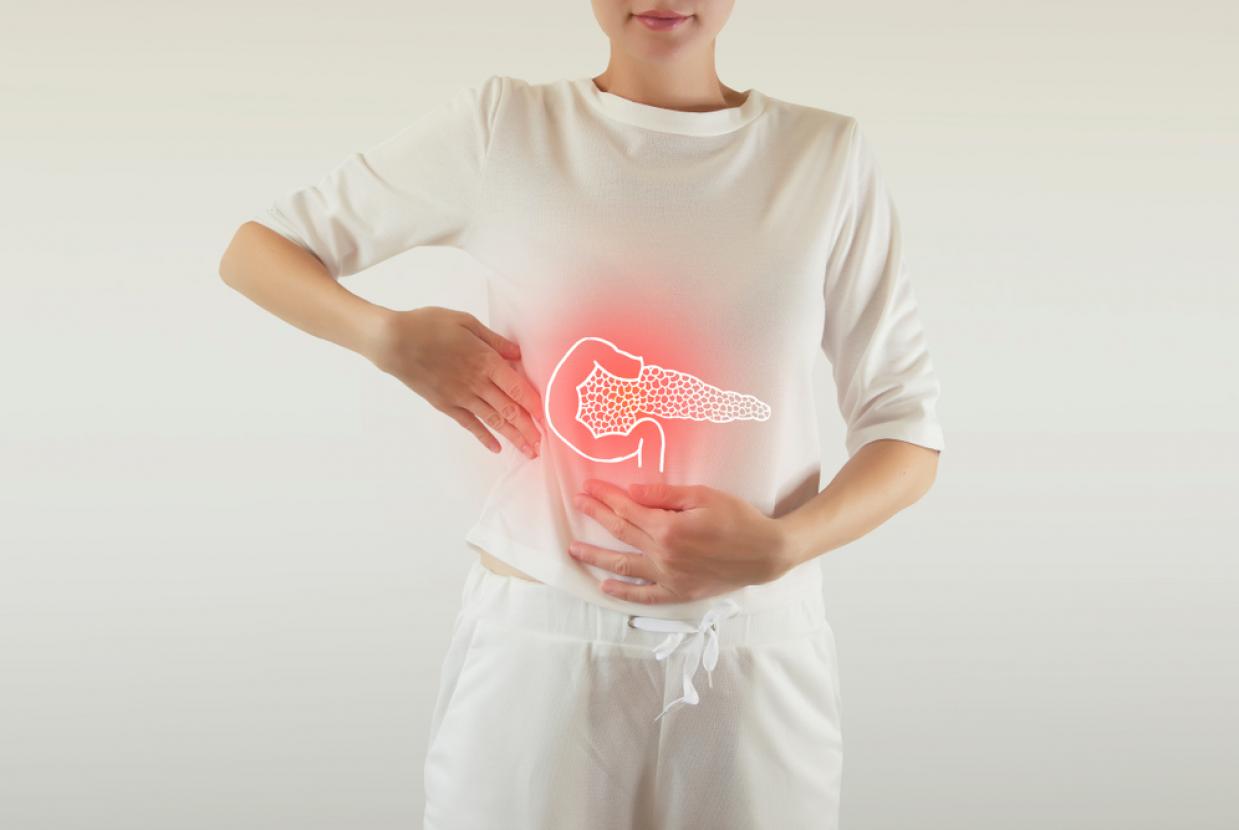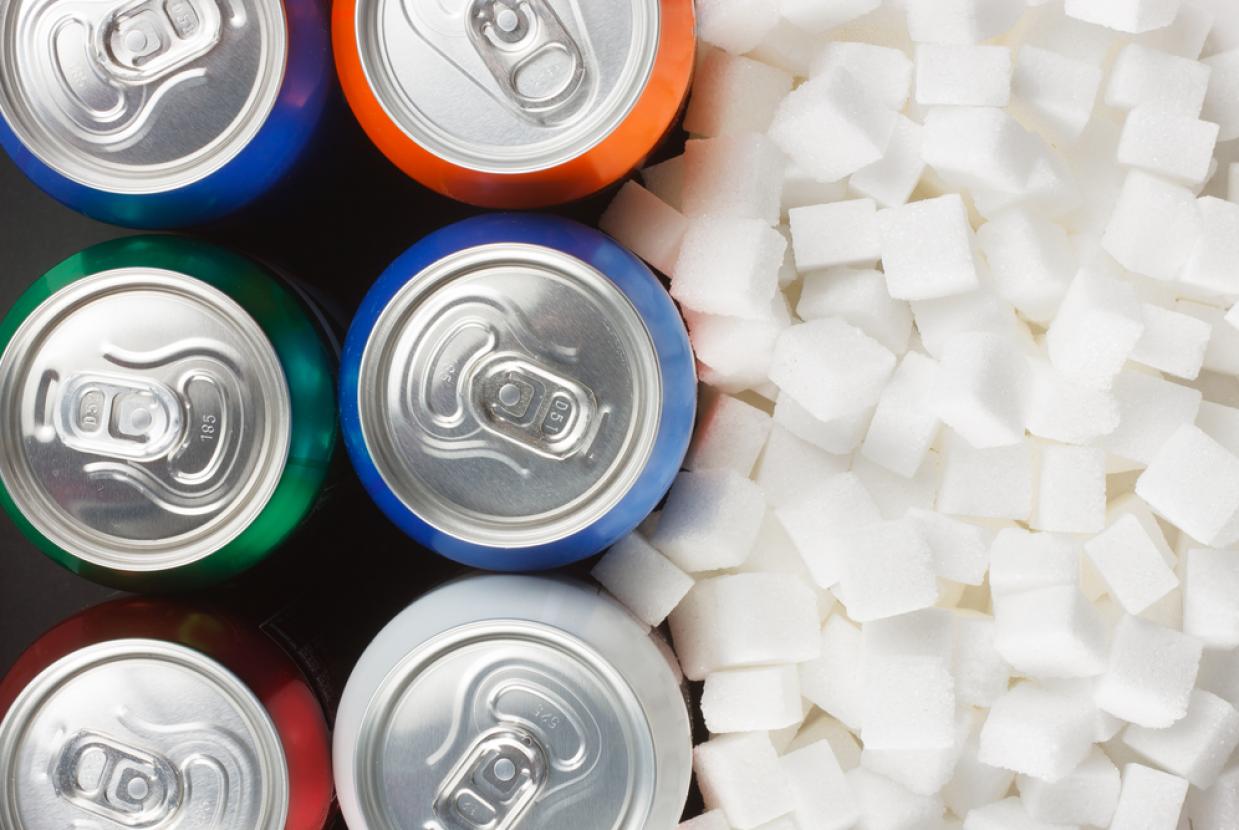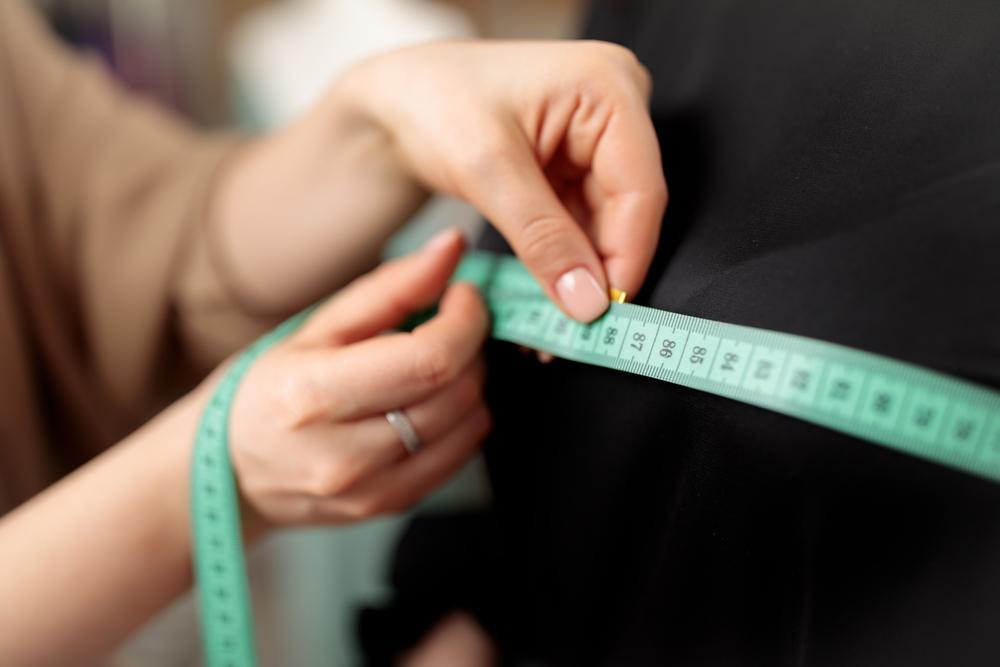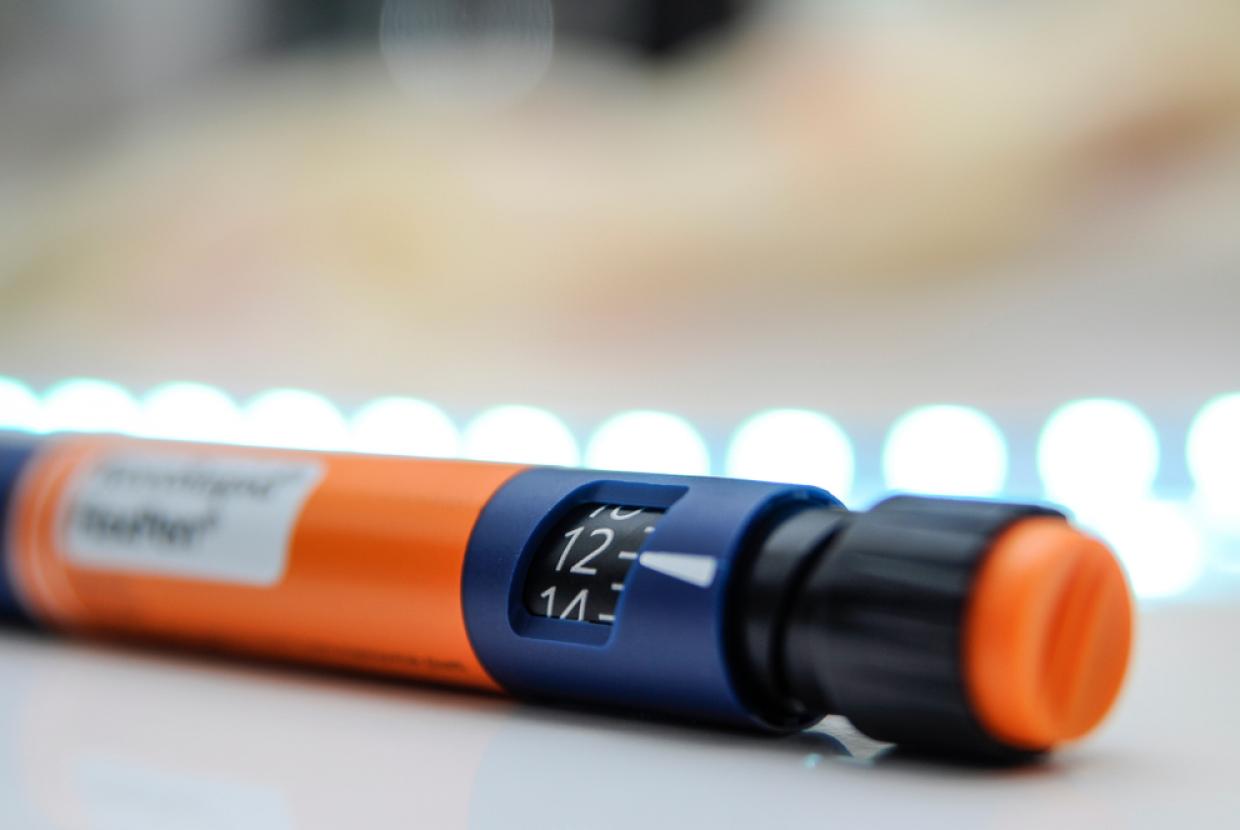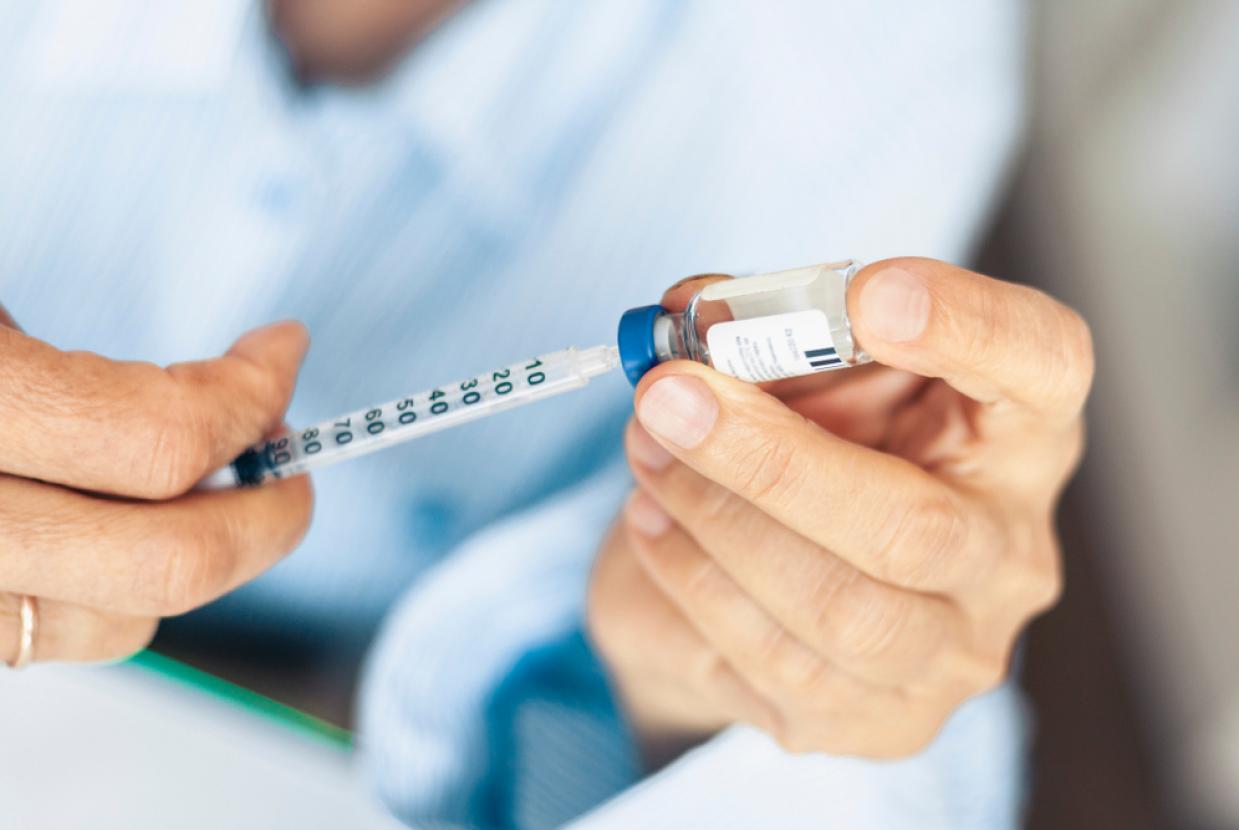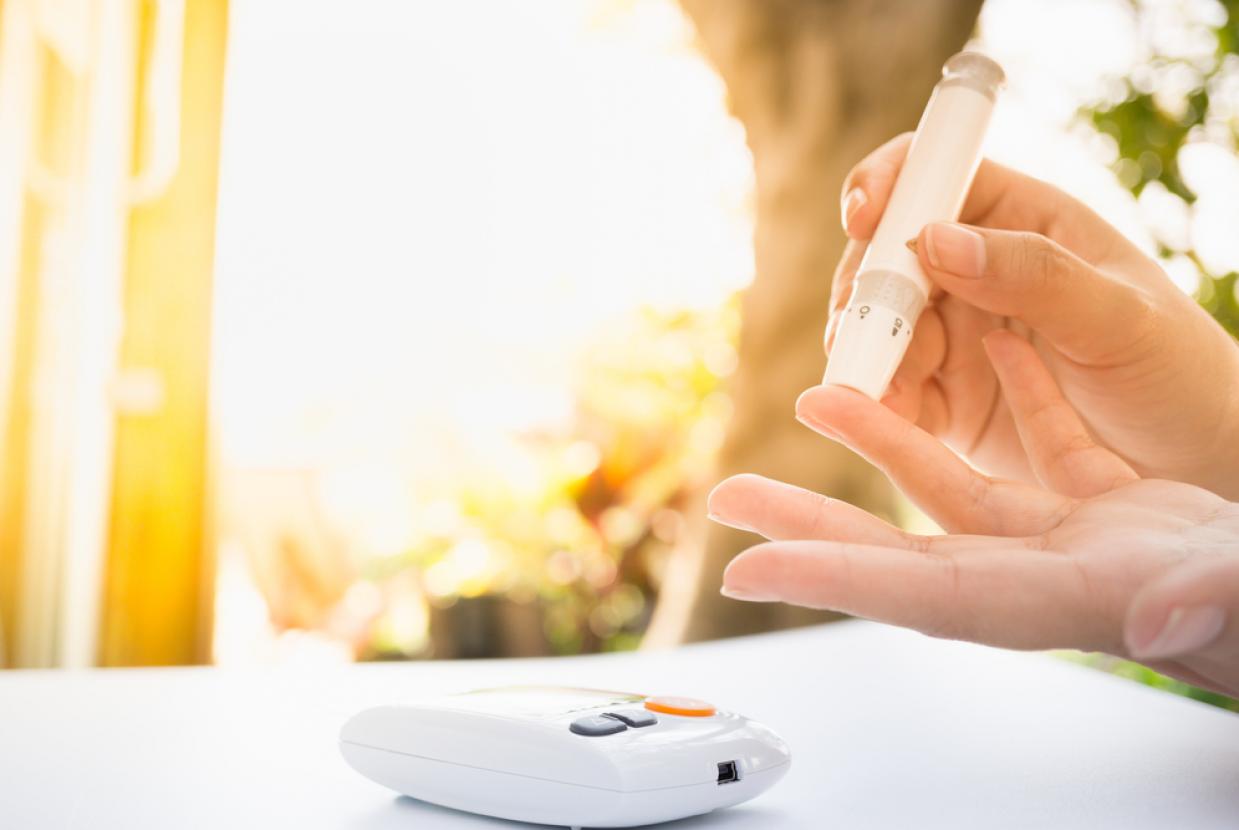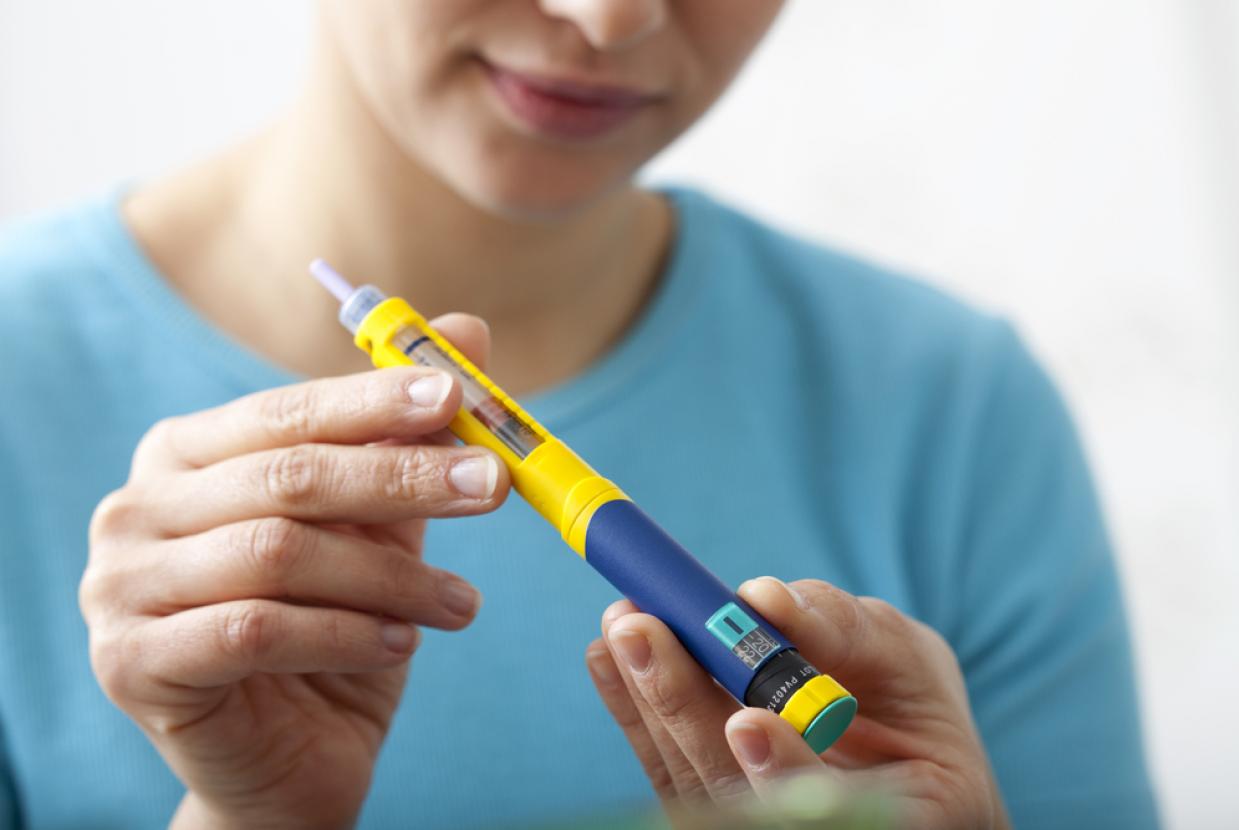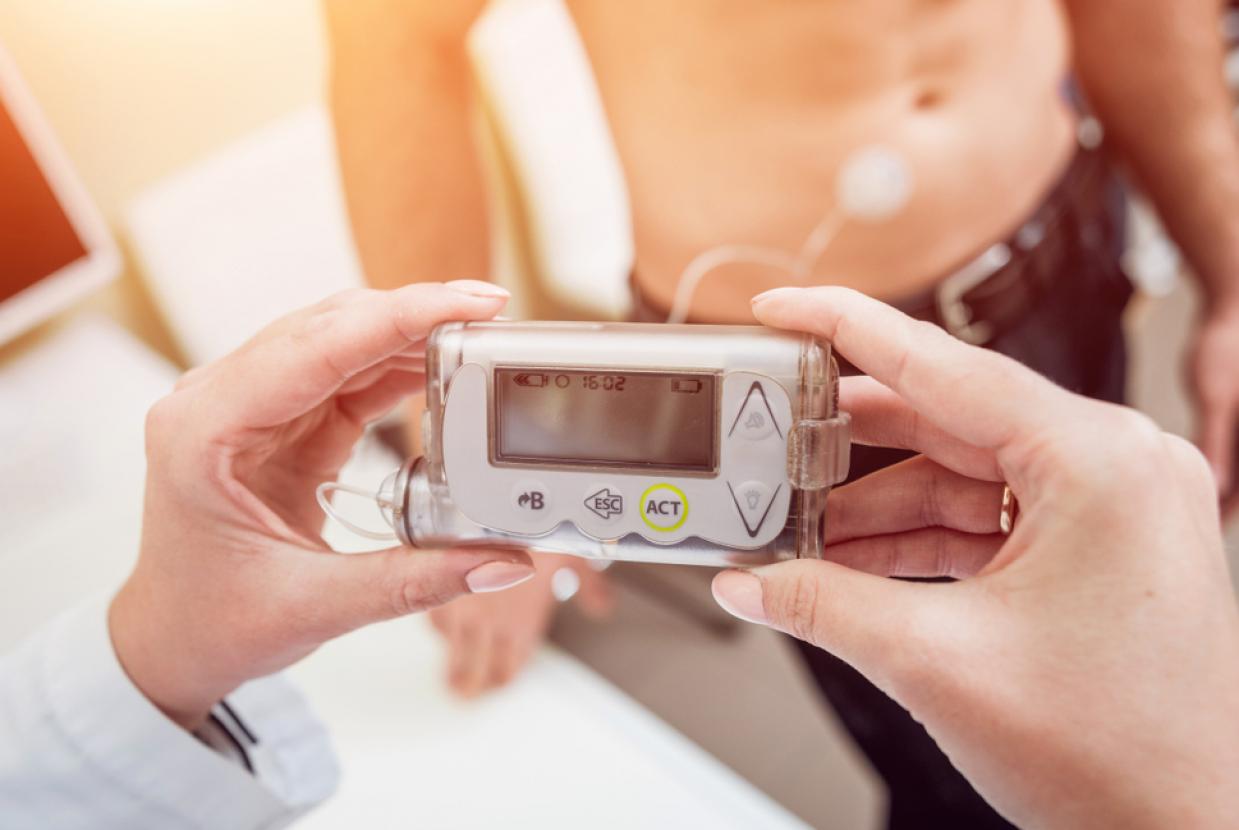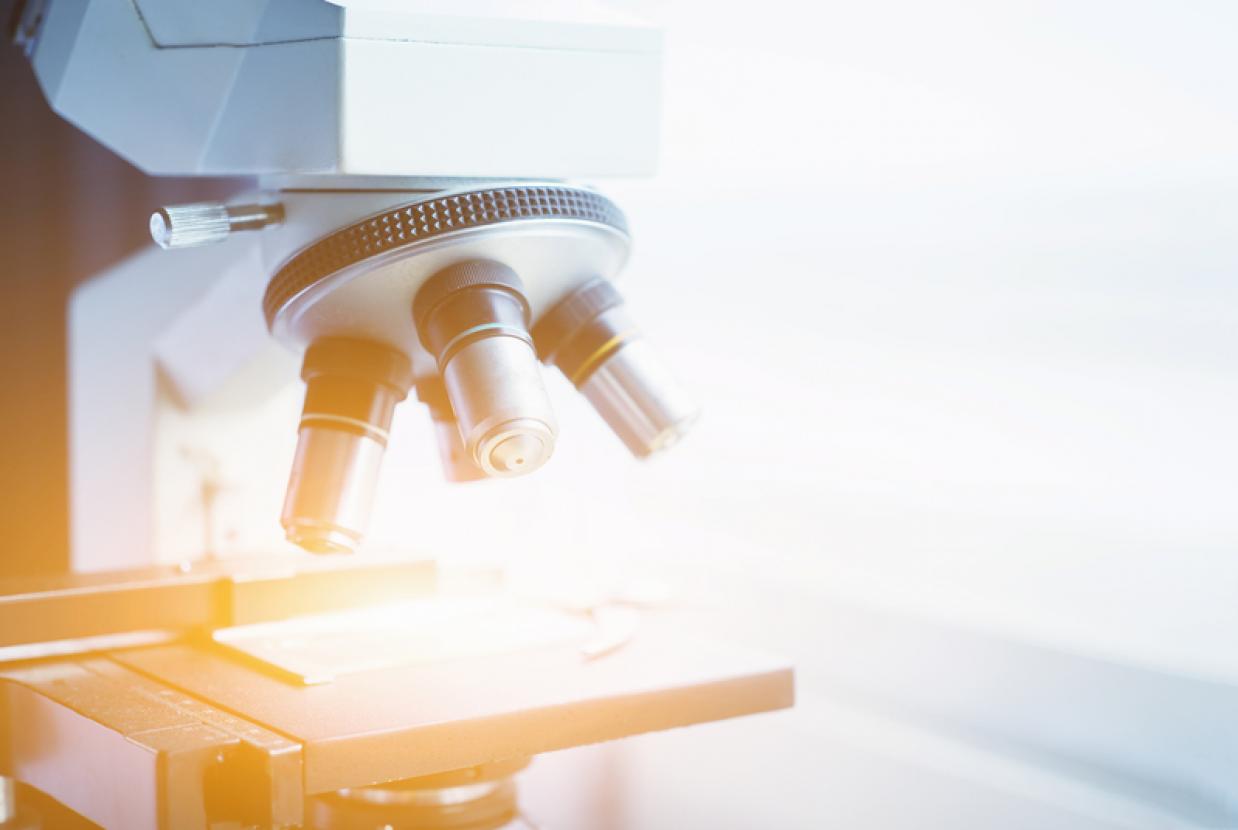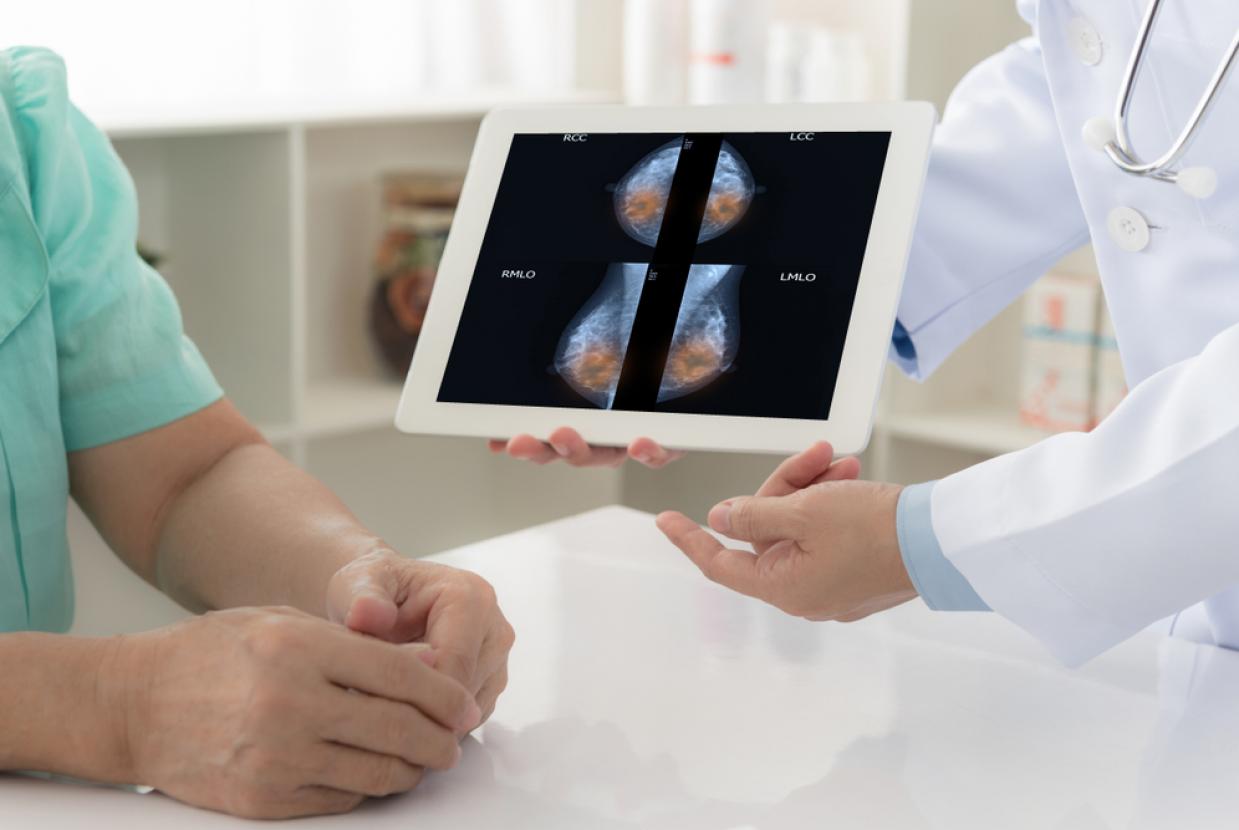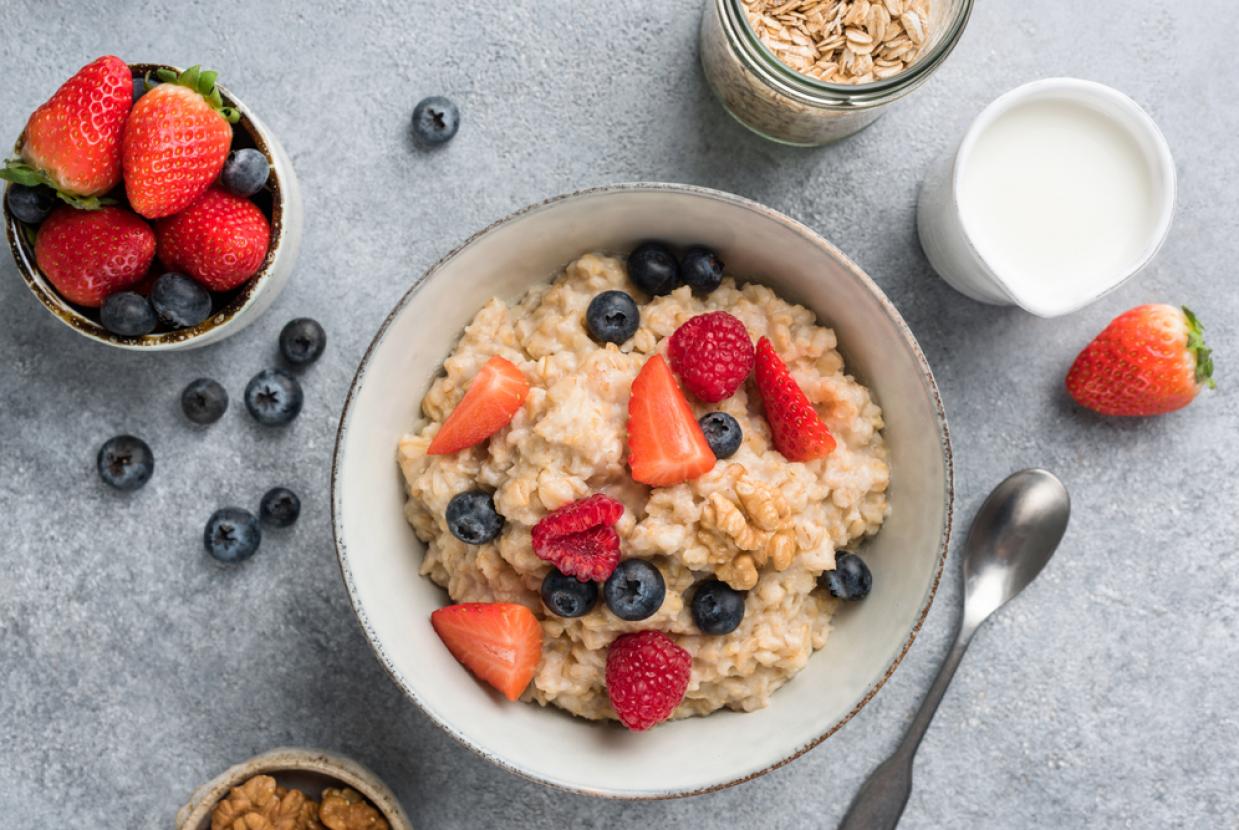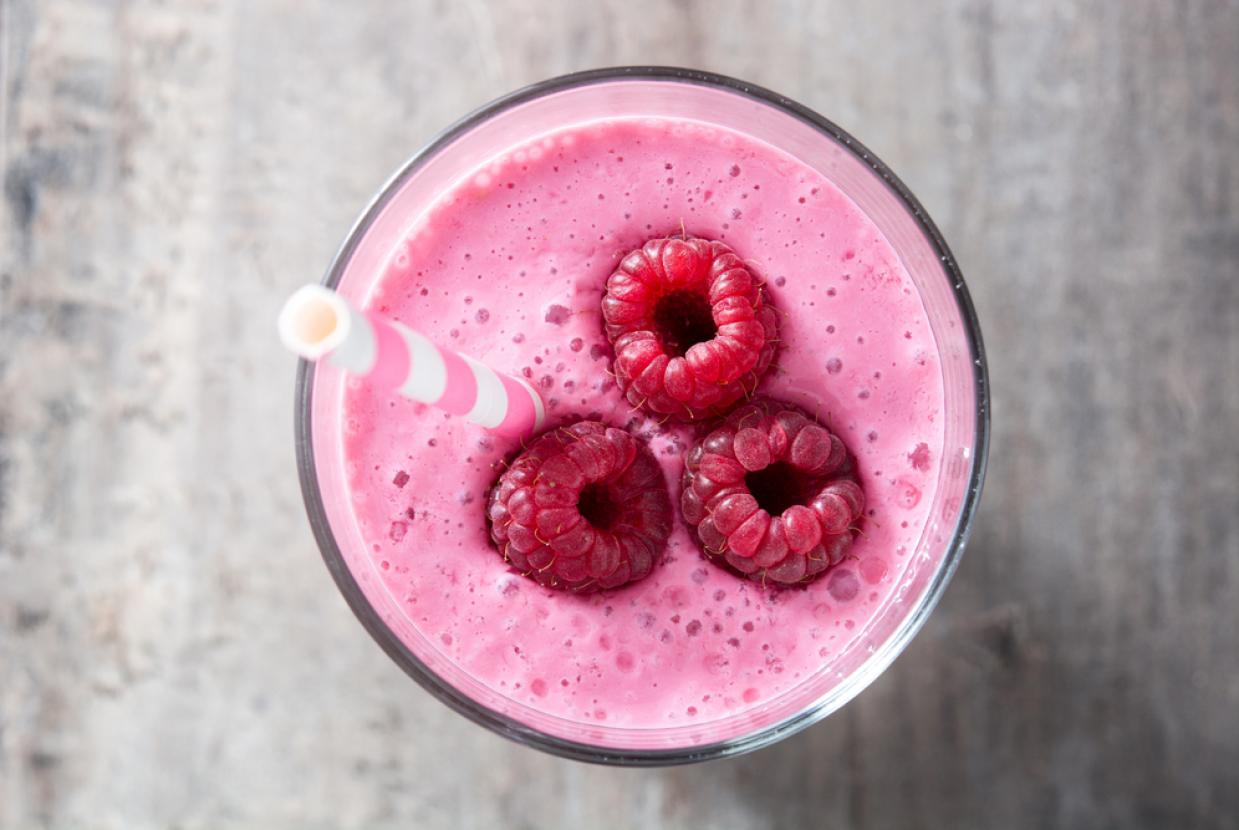What is Type 1 Diabetes?
If you have type 1 diabetes, your blood sugar is too high because your body can’t make a hormone called insulin.
Fewer than one in 10 people in the UK who have diabetes have type 1 diabetes. There is nothing you can do to prevent yourself or others developing type 1 diabetes. The exact causes are not known. Read about screening for type 1 diabetes.
Although it’s often diagnosed in childhood, people can develop type 1 diabetes at any age. You are at a slightly higher risk of type 1 diabetes if your mother, father, brother or sister has it.
Insulin is the main treatment for type 1 diabetes. You can’t live without insulin injections or using an insulin pump. Checking and managing your blood sugar levels is important to help you reduce your risk of serious short or long-term health problems. These are called diabetes complications.
There is currently no cure for type 1 diabetes, but we’re funding lots of research to help find new treatments and a cure.
For further information - click here


